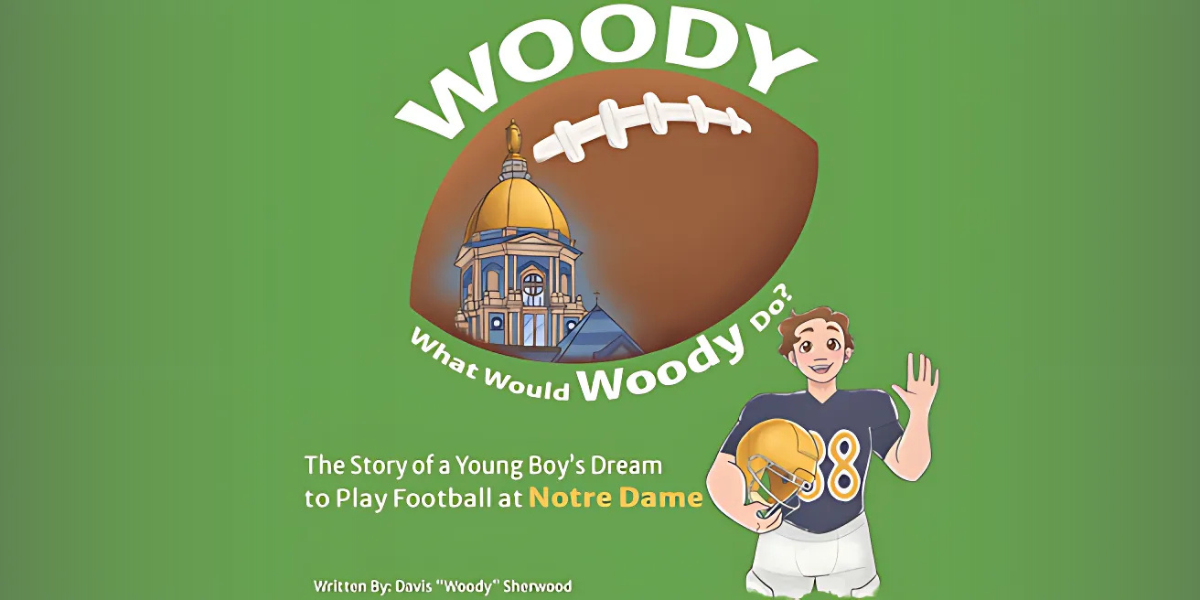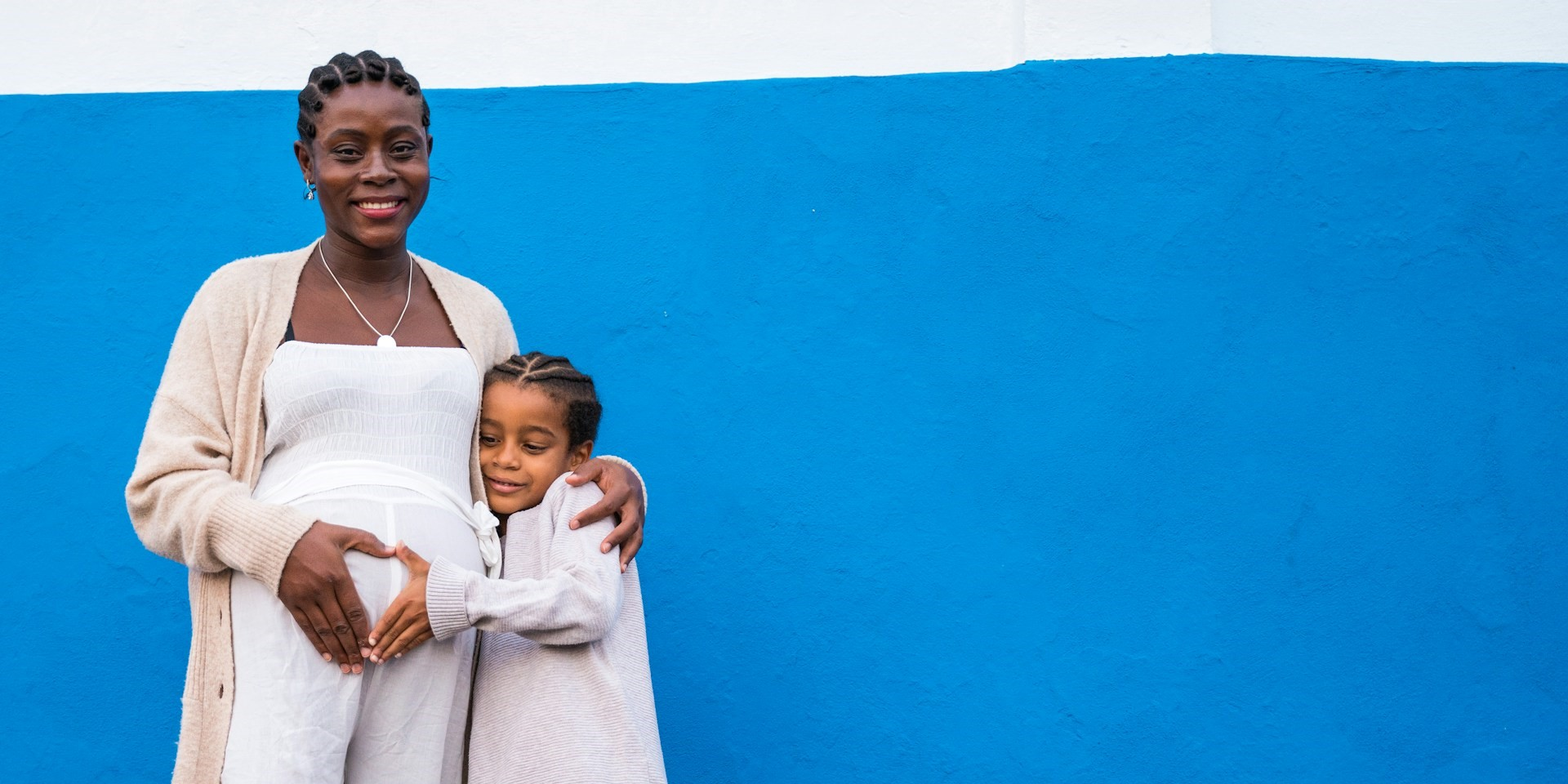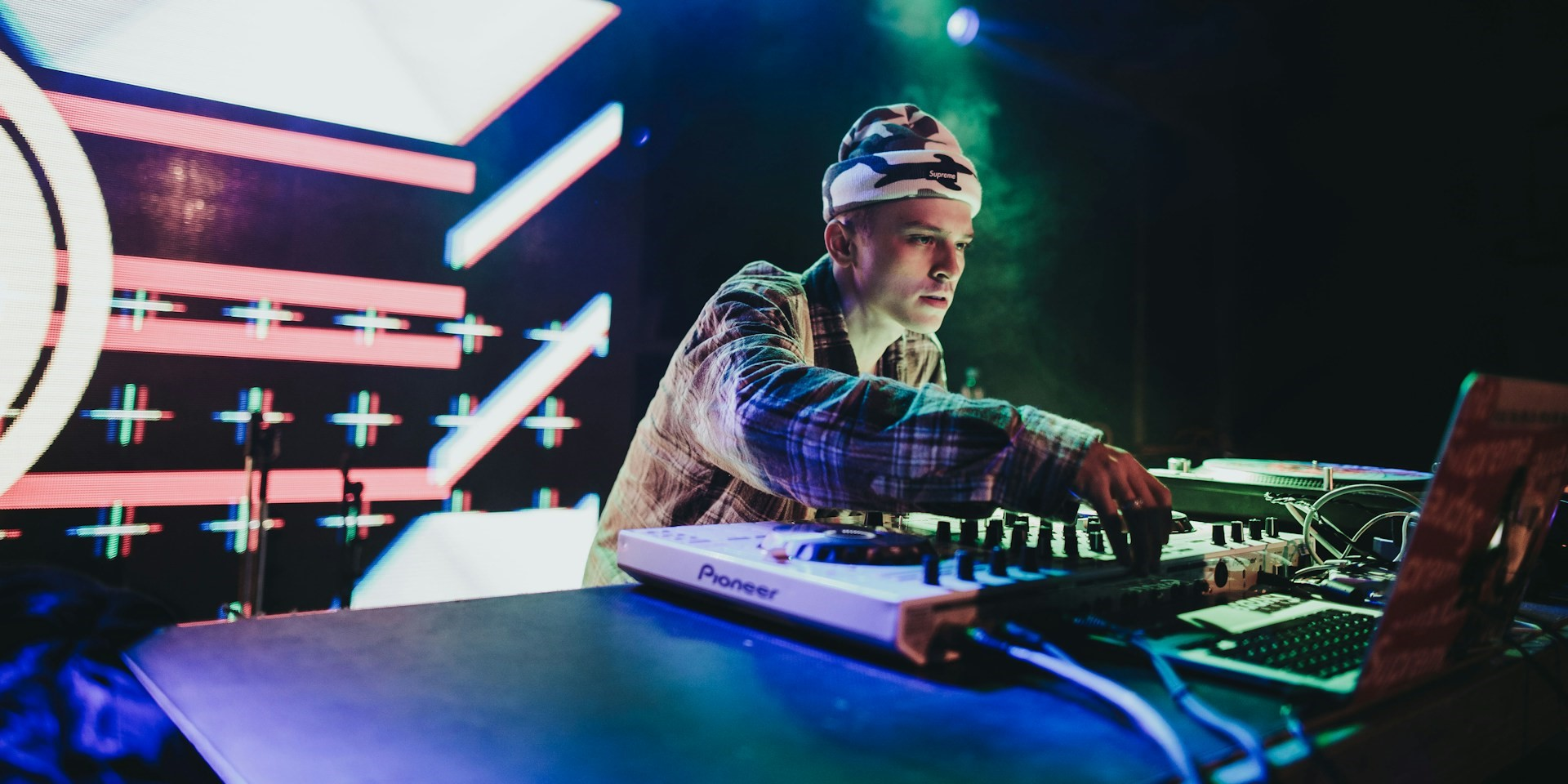There is a pervasive misconception that Black people don’t enjoy emo songs. This stereotype ignores the diversity within musical tastes across all racial and cultural backgrounds. Understanding the roots of this misconception and acknowledging the influence of Black artists and fans in the emo genre can help dismantle this myth.
Historical Roots of the Misconception
Emo music, short for “emotional hardcore,” originated in the mid-1980s with bands like Rites of Spring and Embrace. It later evolved into a more mainstream genre in the early 2000s with bands like My Chemical Romance and Fall Out Boy. The genre is often associated with predominantly white, suburban youth, which has contributed to the stereotype that Black people do not enjoy emo music.
Media representation has played a significant role in perpetuating this misconception. Emo music and its associated subculture have frequently been depicted as exclusive to white audiences. This narrow representation ignores the presence and contributions of Black artists and fans within the emo community.
Black Contributions to the Emo Genre
Several Black artists have made significant contributions to the emo and alternative music scenes. For example, Jeffery Lamar Williams, known as Jeffree Star, and Travis McCoy of Gym Class Heroes have integrated emo elements into their music, demonstrating the genre’s cross-cultural appeal.
Bands like Pure Hell and Bad Brains have roots in punk and hardcore, genres closely related to emo. These bands include Black members who have influenced the broader alternative music landscape, highlighting the diverse nature of these music genres.
The Appeal of Emo Music to Black Audiences
Emo music is characterized by its expressive lyrics and emotional depth. These themes resonate with many people, regardless of race. Black listeners, like all listeners, can find solace, connection, and validation in the emotional narratives conveyed through emo songs.
The themes explored in emo music, such as love, heartbreak, identity, and existential angst, are universal. These experiences are not confined to any one racial or cultural group. Black fans of emo music relate to these themes just as deeply as fans from other backgrounds.
Breaking Stereotypes in Music Preferences
Musical tastes are inherently diverse and personal. The idea that any racial group has a monolithic preference for certain music genres is both inaccurate and limiting. Black people, like individuals from any other racial background, have varied and eclectic musical tastes that can include emo, hip-hop, jazz, classical, and more.
Increasing representation and visibility of Black emo fans and artists can help challenge and dismantle stereotypes. Platforms that showcase diverse voices within the emo community can highlight the genre’s broad appeal and inclusive nature.
The Role of Social Media and Online Communities
Social media and online communities have provided spaces where Black emo fans can connect, share their love for the genre, and support each other. Platforms like Twitter, Tumblr, and TikTok have vibrant subcultures where fans discuss and celebrate emo music, transcending racial boundaries.
Black influencers and content creators who share their passion for emo music play a crucial role in challenging misconceptions. By showcasing their musical preferences and creating content around emo culture, they help normalize the presence of Black fans within the genre.
Addressing and Challenging the Misconception
Raising awareness about the historical contributions of Black artists to the emo genre and the diversity of its fan base is essential. Educational efforts can include articles, documentaries, and discussions that highlight the inclusive nature of emo music.
The music industry and media outlets should strive for more inclusive representation. Featuring Black emo artists in mainstream platforms and ensuring diverse voices are heard can help break down existing stereotypes.
Supporting and uplifting Black emo fans and artists within the community fosters a more inclusive environment. Encouraging diverse participation in emo festivals, concerts, and online communities helps celebrate the genre’s wide-ranging appeal.
The misconception that Black people don’t enjoy emo songs is rooted in historical biases and media representation. However, the reality is that musical tastes are diverse and not confined to racial or cultural boundaries. Black artists and fans have made significant contributions to the emo genre, and their presence continues to challenge and redefine stereotypes. By promoting inclusivity and representation, we can appreciate the rich, diverse landscape of musical preferences that transcends race.







